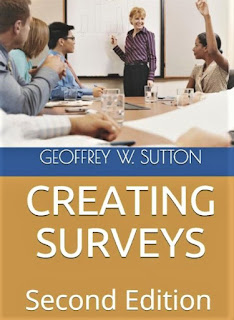Scale
name: Bisexual Identity Inventory (BII)
Scale
overview: The Bisexual
Identity Inventory measures dimensions of bisexual identity using 24-items
rated on a 7-point scale.
Authors: Paul, Ron, Smith, Nathan
Grant, Mohr, Jonathan J., & Ross, Lori E. (2014).
Response
Type: 7-point
Likert-type ratings from 1 = strongly disagree to 7 = strongly agree.
Subscales: Four (coefficient alphas in parentheses
from two samples)
Illegitimacy
of Bisexual Identity (.80, .84)
Anticipated
Binegativity (.78, .73)
Internalized
Binegativity (.87, .84)
Identity
Affirmation (.91, .93)
See Paul et
al. (2014b) for factors and psychometrics.
Sample
items
1.
People probably do not take me seriously when I tell them I am bisexual.
24.
I would be better off if I would identify as gay or straight, rather than
bisexual
Reliability: Coefficient alphas range from .73
to .93 for the
Validity: All subscales except Identity
Affirmation were significantly correlated with depression (Center for
Epidemiological Studies-Depression Scale). Identity affirmation was
significantly positively correlated with a measure of outness (Outness
Inventory).
Availability:
The full set of 24
items is in PsycTESTS – see reference below.
Permissions: “Researchers may use this
scale without contacting us to obtain permission. However, we ask that reports
of findings using this scale be forwarded to Nathan Grant Smith.”
References
Paul, R., Smith, N. G., Mohr, J. J., & Ross, L. E. (2014a).
Bisexual Identity Inventory. PsycTESTS. https://doi.org/10.1037/t37065-000
Paul, Ron, Smith, Nathan Grant, Mohr, Jonathan J., &
Ross, Lori E. (2014b). Measuring dimensions of bisexual identity: Initial
development of the Bisexual Identity Inventory. Psychology of Sexual
Orientation and Gender Diversity, 1(4), 452-460. doi: https://dx.doi.org/10.1037/sgd0000069
Reference
for using scales in research:
Buy Creating Surveys on
Reference
for clinicians on understanding assessment
Buy Applied Statistics for
Counselors
Resource Link: A – Z Test Index
Links to Connections
Checkout My Website www.suttong.com
See my Books
FOLLOW me on
FACEBOOK Geoff
W. Sutton
TWITTER @Geoff.W.Sutton
PINTEREST www.pinterest.com/GeoffWSutton
Read published articles:
Academia Geoff
W Sutton
ResearchGate Geoffrey W Sutton



Comments
Post a Comment